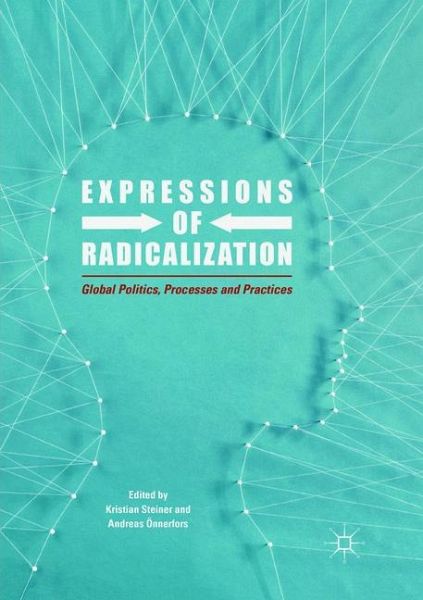
Expressions of Radicalization
Global Politics, Processes and Practices
Herausgegeben: Steiner, Kristian; Önnerfors, Andreas
Versandkostenfrei!
Versandfertig in 6-10 Tagen
129,99 €
inkl. MwSt.

PAYBACK Punkte
65 °P sammeln!
This edited collection considers whether it is possible to discern how the level of ideology is affected by radicalization. In other words: what happens in the minds of people before they decide to use political violence as means to attain their goals? Also this book asks: what has to happen in the minds of people in order to preclude them from using political violence as a way of attaining their goals? This volume unites scholars from several disciplines and perspectives from a number of different geographical, social and cultural contexts with the overarching aim to refine our understanding ...
This edited collection considers whether it is possible to discern how the level of ideology is affected by radicalization. In other words: what happens in the minds of people before they decide to use political violence as means to attain their goals? Also this book asks: what has to happen in the minds of people in order to preclude them from using political violence as a way of attaining their goals? This volume unites scholars from several disciplines and perspectives from a number of different geographical, social and cultural contexts with the overarching aim to refine our understanding of what 'radicalization' actually implies.














